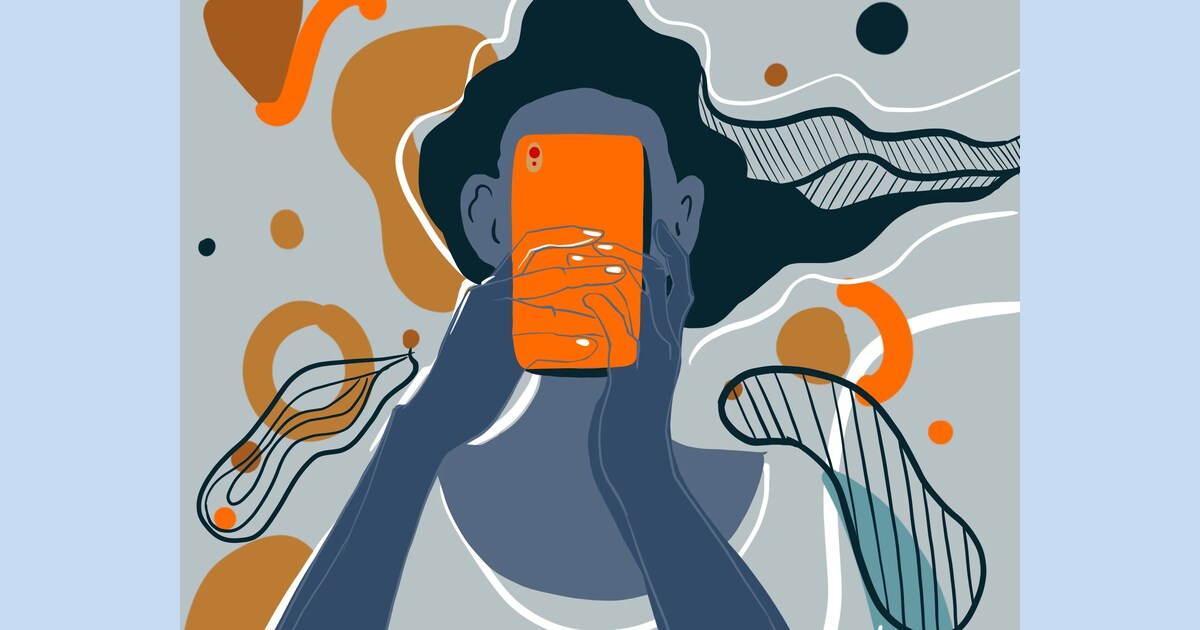Ever wondered if your social media posts could affect your job prospects? Well, oversharing on social media about mental health issues might just be a red flag for employers!
Employers are increasingly scrutinizing the social media profiles of job applicants, raising concerns about oversharing related to mental health issues, according to a recent study published in the Journal of Business and Psychology.
Job Seekers Beware: Oversharing on Social Media Might Hurt Your Career
While LinkedIn, once seen as a professional networking platform, has evolved into a space for casual sharing and flirtatious interactions, it appears that potential employers are closely monitoring applicants’ digital behavior.
The study, conducted by researchers at North Carolina State University, focused primarily on LinkedIn, which boasts over 930 million members.
It involved 409 professionals with hiring experience who evaluated the same job candidate’s LinkedIn profile. The candidate’s profile was presented in four different scenarios to gauge the impact of mental health-related posts.
In the first scenario, 25% of participants saw a LinkedIn post where the candidate openly discussed anxiety and depression. In the second scenario, another 25% of participants viewed the LinkedIn profile without any mental health content.
In the third scenario, a quarter of the participants had access to the LinkedIn page without the mental health content but also listened to an audio interview with the candidate. Finally, the remaining 25% saw the LinkedIn post about mental health challenges and heard the interview.
The results of the study were significant. Participants who saw the LinkedIn post about mental health issues viewed the job candidate as less emotionally stable and less conscientious.
Although listening to the candidate’s interview had a minor mitigating effect on concerns about emotional stability, it did not fully alleviate these concerns.
Study author Jenna McChesney, an assistant professor of psychology at Meredith College, emphasized that the findings do not imply that individuals should refrain from discussing anxiety and depression on LinkedIn.
However, they should be aware that such disclosures could impact future employers’ perceptions of them.
Professor Lori Foster, a co-author of the study, noted that employers also bear responsibility in this matter. When hiring managers review candidates’ LinkedIn profiles, they risk encountering information that could unconsciously influence their perceptions.
Foster recommended that organizations establish guidelines for using LinkedIn during the hiring process to ensure equitable comparisons among all candidates, including those who openly discuss mental health challenges.
In an era where mental health awareness is on the rise, striking a balance between destigmatizing mental health struggles and maintaining a professional online image has become crucial for job seekers.
It is evident that oversharing on social media platforms like LinkedIn can have unintended consequences on one’s employability, prompting individuals to carefully consider their online presence as they navigate the job market.
Share your thoughts on this in the comments below!








Leave a Reply
You must be logged in to post a comment.